- Courses in Modern Greek Language & Culture for adults of non-Greek background
- Course Descriptions
- GRUNDVIG
- TEST YOUR GREEK (A1 Level)
- USEFUL GREEK EXPRESSIONS
- STUFF FOR TEACHERS
- STUFF FOR LEARNERS

About the Babel Language Centre
The 'Babel Language Centre' was established in 1998, by a neohellenist (a specialist in Greek Studies) and a linguist (a specialist in languages). The founders are both native speakers of Greek and share a genuine interest in Modern Greek culture, literature, history and linguistic research. They are also language instructors with long standing experience in the teaching of Modern Greek as a foreign language to adults. They taught Modern Greek for many years in Australian Language Centres and Universities and, now, in Greece.
The school has developed an excellent reputation and its Modern Greek Language Courses have attracted learners of all nationalities from all over the world. Most of our learners reside in the Southern Athens Metropolitan area, but there are many who come to Babel from other areas.
How to get to Babel: The school is conveniently located in a quiet area of Glyfada one of the residential southern seaside suburbs of Athens.
If you are coming from Athens centre, from Agios Dimitrios metro station, it takes less than 35mins on the bus (No. 154).From Ellinikon metro station, it takes about 15 minutes on the same bus (No. 154) to get to the school. All bus stops are within 50 metres from the school. If you don't mind walking uphill, bus 171 drops you off at City Plaza on Vouliagmenis Avenue; walking from there would take about 10mins.
From Glyfada Centre, bus 128, stops at a 50-metre walking distance from 'Babel'. There is also plenty of off-street parking around the school.
This information may change without notice, depending on the Public Transport Authorities.
Our Approach to the Teaching of Modern Greek
The courses at Babel Language Centre are designed for both the serious and the casual learner. Our approach to the teaching of language is based on the Communication Method. This means that we place emphasis on spoken Modern Greek.
Instructors make extensive use of communication activities, situation dialogues, and speaking games. Oral communication activities are always followed up by relevant exercises in writing and grammar.
Although we believe firmly that learning has to be fun to be effective, we also know that it has to be wholesome. Therefore our emphasis on structured speaking always has grammatical objectives and all four functions of the language are covered quite methodically in class (Listening, Speaking, Reading and Writing).
Our aim is to consolidate learning and create opportunities for developing fluency, not simply to get through a course book. Prescribed textbooks and workbooks are regularly supplemented by the school's original material distributed in class.
Instructors 
Our friendly instructors are all fully qualified teachers and native speakers of Greek. They are talented, conscientious and sensitive to learners needs with extensive experience in the teaching of Greek as a foreign language to adults. Babel's instructors are also near-native, fluent or competent speakers of English, French and other European languages.
Class Size
Classes at the Babel Language Centre® are small in size. It is our policy to allow a maximum of 10 learners in each group but the number rarely exceeds 8 participants per classroom. A minimum of 4 participants is needed for any course to be on offer.
Course Duration
Babel offers 10-week courses at all levels, from Beginners to Advanced, 60 or 50 or 40 ( hours of instruction per level ), in the morning, in the evening or by distance learning through Skype. There are also 'Literature and Newspaper Reading' courses, as well as 'Literacy' courses for people who are competent speakers but who wish to learn how to read and write competently also.
What course should I enroll in?
What course you decide to enroll in should depend on how much Greek you know or have studied before. So, please, choose carefully. Click on the green "Find-your-Level" Button in the yellow panel above to get an idea of what your competences are. If you are just beyond the Beginner level, you may also wish to try out the "Τest-your-Greek" link on this page. It should give you an indication if you can cope with basic communication in Greek. Alternatively, contact us to arrange for a personal appointment and one of our friendly instructors will advise you on the basis of a brief interview. Before registering, take some time to read through the Course Descriptions and check the dates in the Timetable carefully. Detailed course descriptions and textbook information are available only through the mail upon request.
GENERAL COURSE DESCRIPTIONS

1. Beginners Greek 'A' (10 wks - 60 hours of instruction)
The Course is aimed at those with no previous knowledge of Modern Greek. It is an introduction to the sounds of Modern Greek and their representation in writing, to basic rules of syntax, gender, and to basic language functions (e.g. asking about and giving personal information, ordering drinks, stating basic needs, talking about others, etc.). The course lays a solid foundation in Greek placing emphasis on fluency, and prepares students for understanding authentic Greek speech and conveying basic information effectively.
2. Beginners Greek 'B' (10 wks - 60 hours of instruction)
The course is a continuation of Beginners' Greek 'A' and aims to develop language skills already acquired. It is also aimed at the student with some background in Modern Greek. The course develops basic communication techniques to the point of handling common interpersonal transactions confidently and of producing simple descriptions, narrations, and expressions of attitudes and opinion. The past tense of basic verbs and the nominal system of endings are introduced at this level. At the end of the course, students may begin to read short Greek readers appropriate to their level.
3. Intermediate Greek 'A' (10 wks - 60 hours of instruction)
4. Intermediate Greek 'B' (10 wks - 60 hours of instruction)
5 .Intermediate Greek 'C' (10 wks - 50 hours of instruction)
This cluster of courses expands and develops the foundations laid by the 'Beginners' stream. It is also aimed at the student who has a good working knowledge of basic Modern Greek in both its written and spoken forms. Classes are conducted in Greek. Phonology, morphology and syntax are covered in some detail. On completion of the course, students should be able to talk and write about a wide range of topics relevant to Modern Greek culture and society in an informed and coherent manner. The past and future tenses are covered quite thoroughly at these levels and the perfect tenses are introduced. The nominal system of endings and syntactical agreement are covered in some detail. In the second and last levels of the Intermediate stream, students can begin to read select passages of Greek songs, literature and small items from the daily press. The courses of this cluster can be taken independently depending on each student's level of competence.
6. Advanced Greek 'A' (10 wks - 50 hours of instruction)
7. Advanced Greek 'B' (10 wks - 50 hours of instruction)
These courses involve the detailed study of Modern Greek Oral and Written texts of some complexity, including literary texts. On completion of the course, students should be reasonably fluent in Modern Greek, be able to discuss social issues, be familiar with major patterns in vocabulary, and with current usage in select linguistic domains. The Imperfect and the Conditional are covered in detail. Classes are conducted entirely in Greek.
8. Literature and Newspaper Reading (10 wks - 50 hours of instruction)
This course is for advanced learners of Greek who wish to refine their knowledge and understanding of the language. The program focuses on the more formal uses of Greek in contexts such as the daily press, television, politics and scientific discourse. Classes also involve the study of literary texts (19th and 20th century Greek poetry and prose), and the advanced discussion of local and global issues through the reading of relevant texts. The course provides the opportunity for revision of advanced Grammar and Syntax and a detailed examination of linguistic phenomena in both Standard Modern Greekand Katharevousa (='Puristic Greek').
9. Literacy in Greek (10 wks - 60 hours of instruction)
This course is designed for people who are competent speakers of Greek, but who need to develop their reading and writing skills as well as correct their oral skills for better accuracy in communication. Classes are held entirely in Greek and focus on phonology, morphology, spelling and syntax. Students are required to speak on a variety of issues to expand their vocabulary, read short authentic excerpts or texts devised by the school, complete grammatical exercises and write short profiles, narrations, letters and descriptions.
NB Please note that boundaries between levels are not strictly rigid.
Evening courses offer 40 hours of instruction per level.
10. Certificate of Attainment in Modern Greek
The language qualification for Modern Greek officially recognized by the Hellenic Ministry of Education and the Centre for the Greek Language can be acquired by sitting for an examination that is held annually throughout Europe. If you wish to sit for this test, at any of its four levels of proficiency, please, let the school administrators know at the beginning of January so that we may begin the process of your registration and inform you of the relevant dates and venues of the examination.
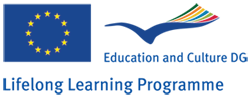 The Babel Language Centre’s participation in the Grundtvig project (2008-2010) had a very positive outcome. Not only did we become increasingly aware of the diversity of our learners’ background, experiences and expectations in their new home country, but we also had the opportunity to evaluate our teaching practices and materials and adapt them in a way that empowers our learners and provides an incentive for integration in the Greek community.
The Babel Language Centre’s participation in the Grundtvig project (2008-2010) had a very positive outcome. Not only did we become increasingly aware of the diversity of our learners’ background, experiences and expectations in their new home country, but we also had the opportunity to evaluate our teaching practices and materials and adapt them in a way that empowers our learners and provides an incentive for integration in the Greek community.
An important part of the project was also our acquaintance and co-operation with other educational partners from Northern Europe. Working with them gave us, personally and professionally, the opportunity to experience the multiplicity and unique characteristics of participating institutions and individual participants. We developed a broader understanding of each other’s culture and language and realised that through our diversity we can learn from each other and form a lasting friendship that goes beyond the boundaries of this project.
QUESTIONNAIRE 1 QUESTIONNAIRE 2
Η συμμετοχή της σχολής μας Babel Language Centre στη σύμπραξη Grundtvig (2008-2010) είχε πολύ θετικά αποτελέσματα. Όχι μόνο αποκτήσαμε μεγαλύτερη επίγνωση της διαφορετικότητας των μαθητών μας, των εμπειριών και των προσδοκιών τους στη νέα χώρα διαμονής τους, αλλά, παράλληλα, είχαμε και την ευκαιρία να αξιολογήσουμε τις πρακτικές διδασκαλίας και τα υλικά μας και να τα προσαρμόσουμε με τέτοιο τρόπο που να ενδυναμώνουν τους μαθητές μας και να τους παρέχουν επιπλέον κίνητρα για ενσωμάτωση στην ελληνική κοινωνία.
Ένα σημαντικό μέρος του έργου ήταν, επίσης, η γνωριμία και η συνεργασία μας με άλλους εκπαιδευτικούς εταίρους από την Βόρεια Ευρώπη. Η συνεργασία μαζί τους μας πρόσφερε, τόσο σε προσωπικό όσο και σε επαγγελματικό επίπεδο, την ευκαιρία να γνωρίσουμε τα πολλαπλά και ιδιαίτερα χαρακτηριστικά τόσο των ατόμων όσο και των ιδρυμάτων που συμμετείχαν στο πρόγραμμα. Αναπτύξαμε μια ευρύτερη κατανόηση του πολιτισμού και της γλώσσας του άλλου και συνειδητοποιήσαμε ότι μέσα από τη διαφορετικότητά μας μπορούμε να μάθουμε ο ένας από τον άλλο και να καλλιεργήσουμε μια διαρκή φιλία, η οποία υπερβαίνει τα πλαίσια αυτής της σύμπραξης.
CG1 Where are you from Gk CG2 Where are you from Gk CG3 What wher eGk
CG4 What colour Gk CG5 What Where How Gk CG6 Identities Gk
CG7 Tombola Gk CG8 Professions Gk CG9 Questions Gk
CG10 Questions2 Gk CG11 Questions Gaps Gk CG12 Lost Tribes Gk
CG13a What'sThis Gk CG13b UNO Plurals Gk CG14 Perfect Match Gk
Material and fun exercises are added here as they become available.
Family 1 Weather Family 2 Computer Basics
Food Basic Vocab1 Food Basic Vocab2 Food Basic Vocab3
Clothing Items1 Clothing Items2 Clothing Items3
Clothing Items4 Clothing Items5
Dialogue Basic 1 Dialogue Basic 2
Greek Cities World Countries Places in Town
Spell 'bouzouki' Order Souvlaki



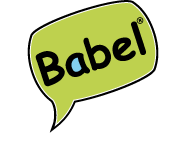

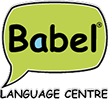
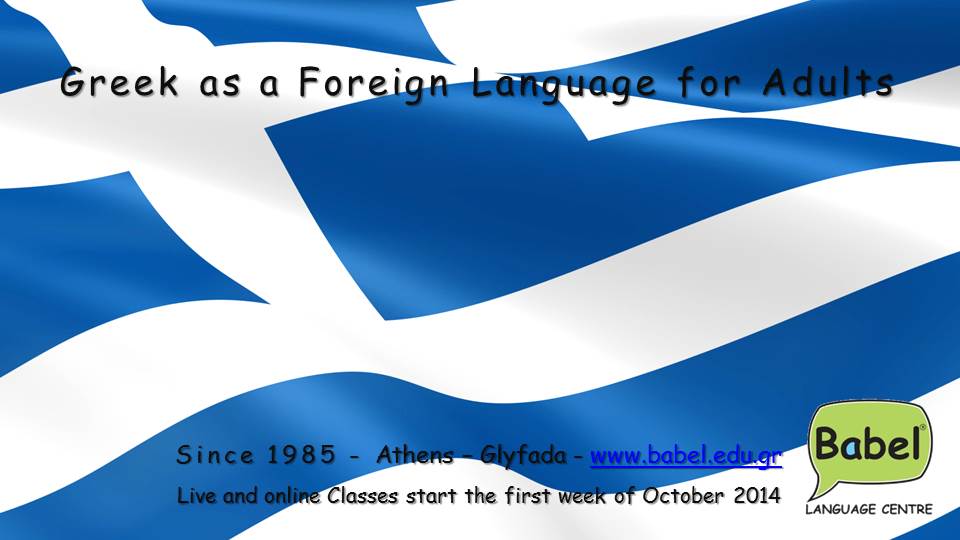

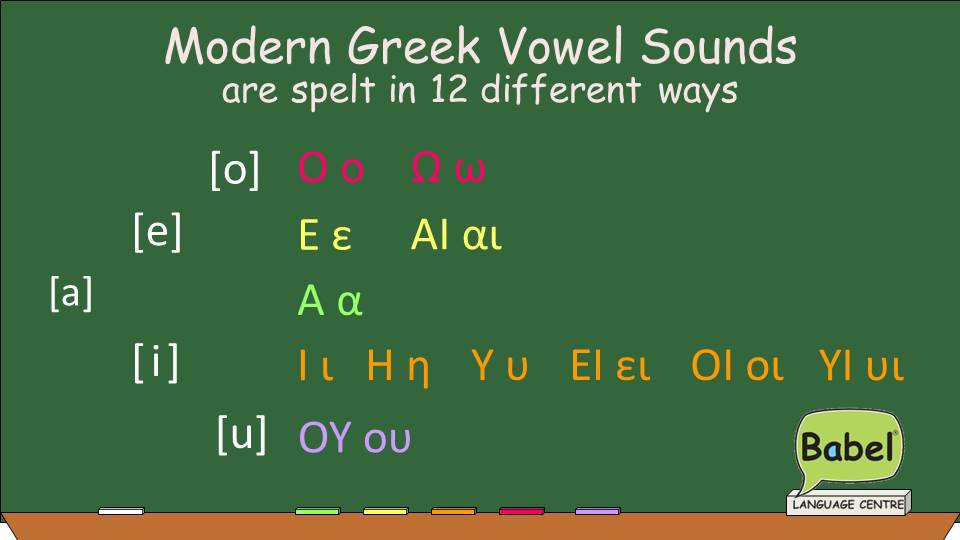
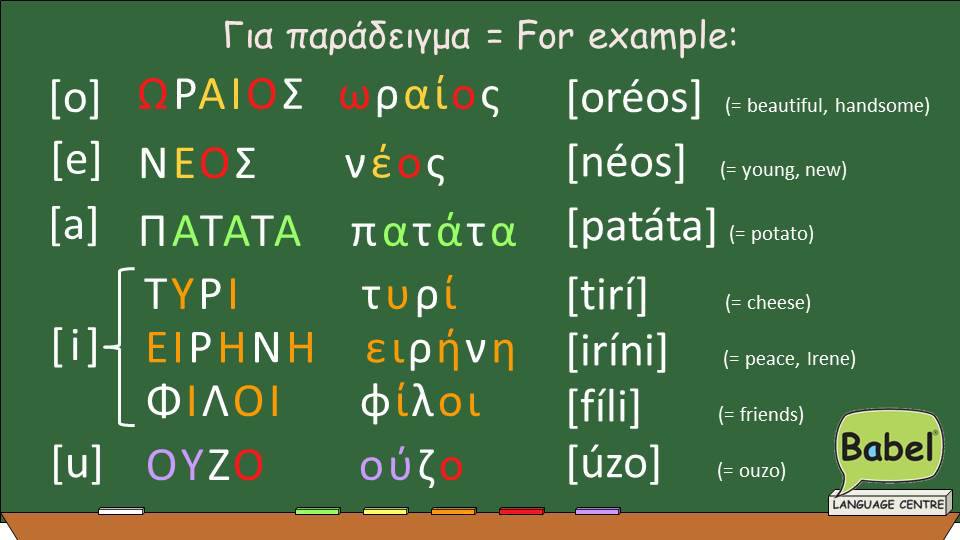
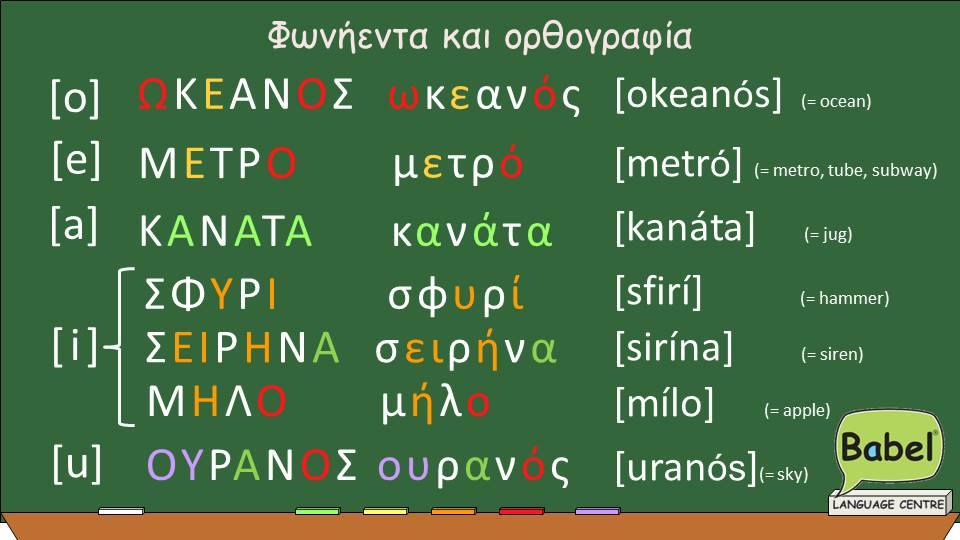
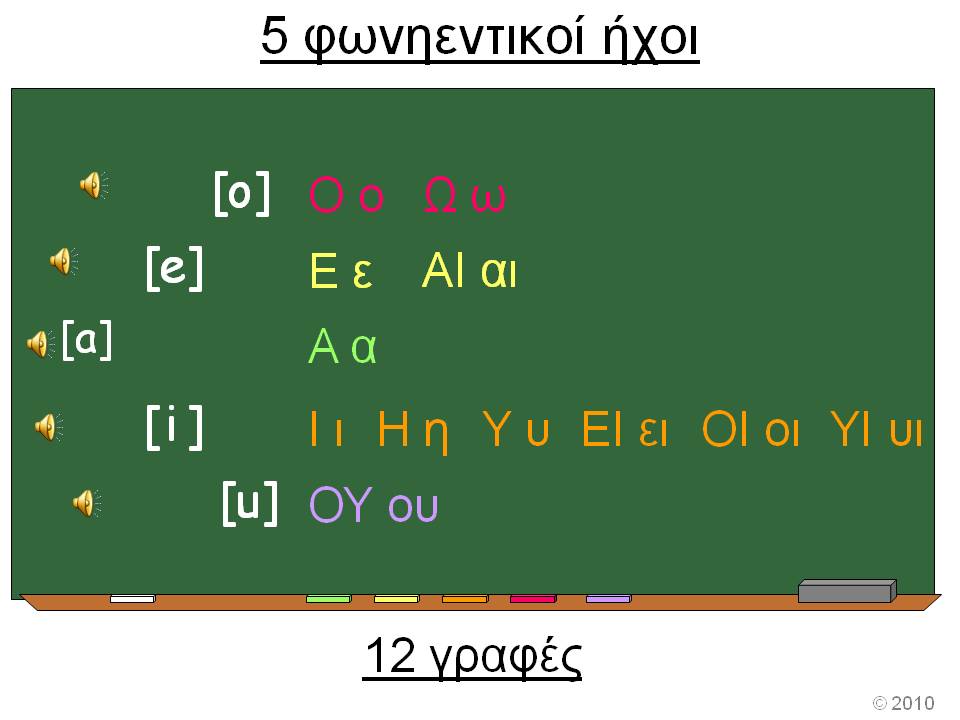
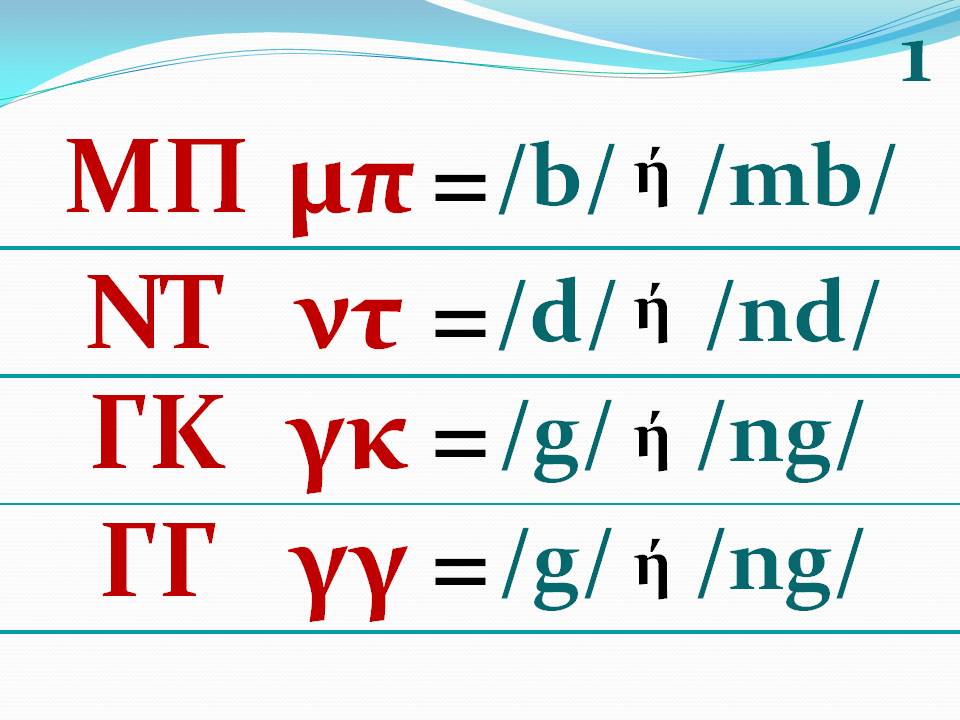
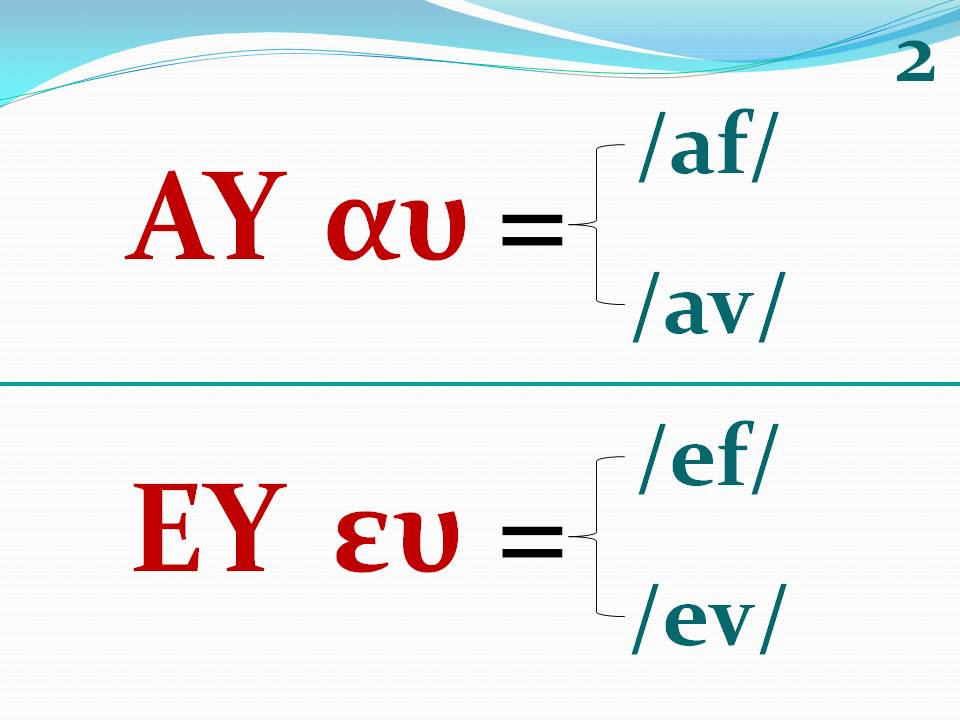
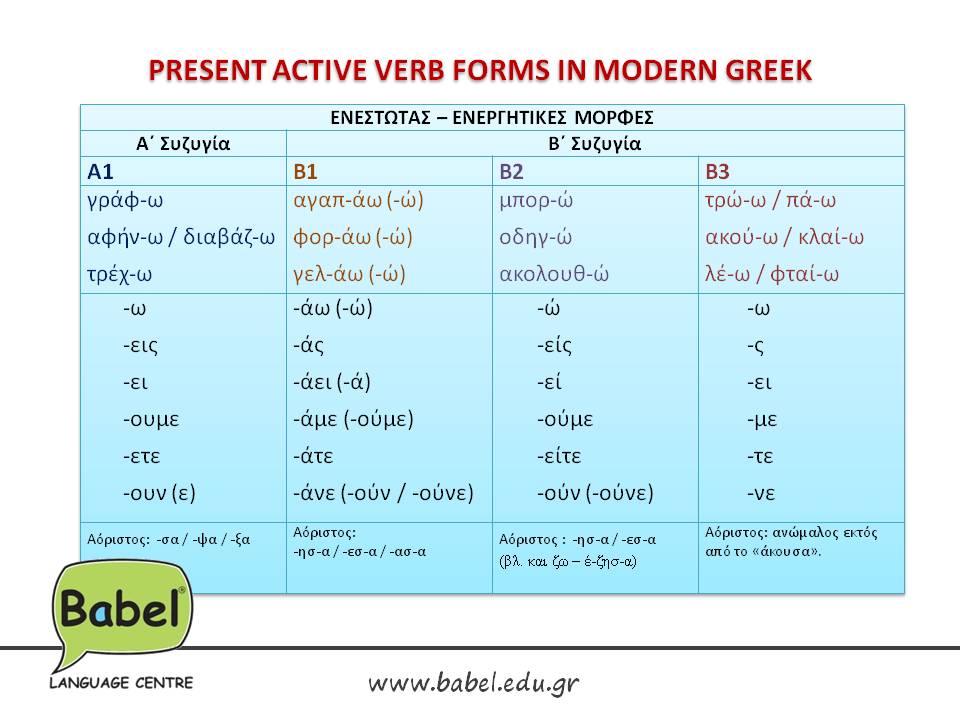
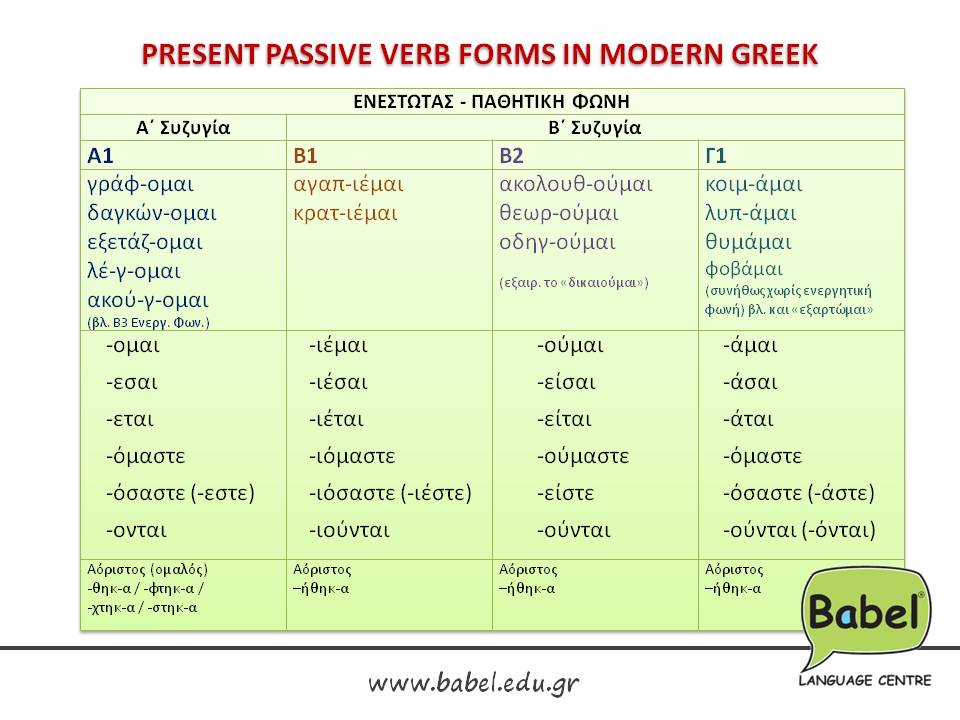
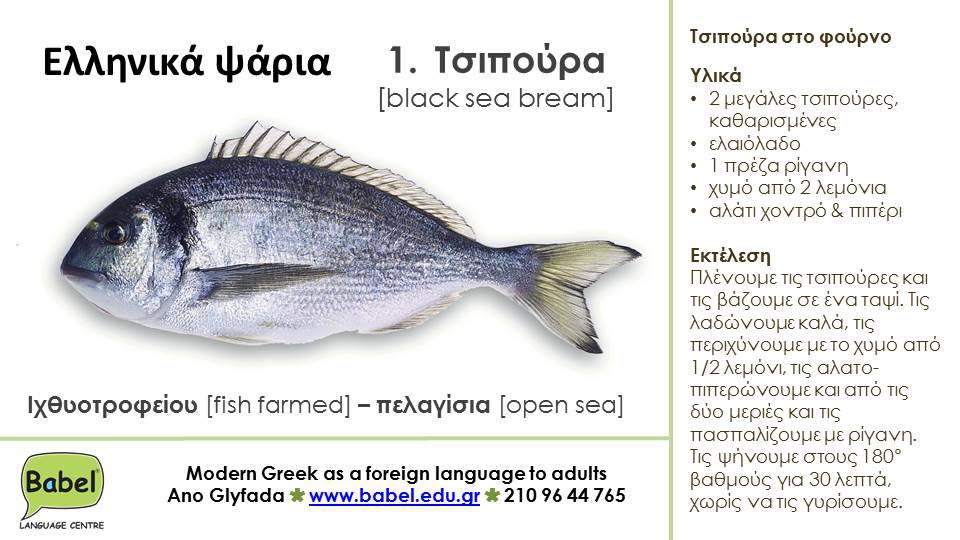
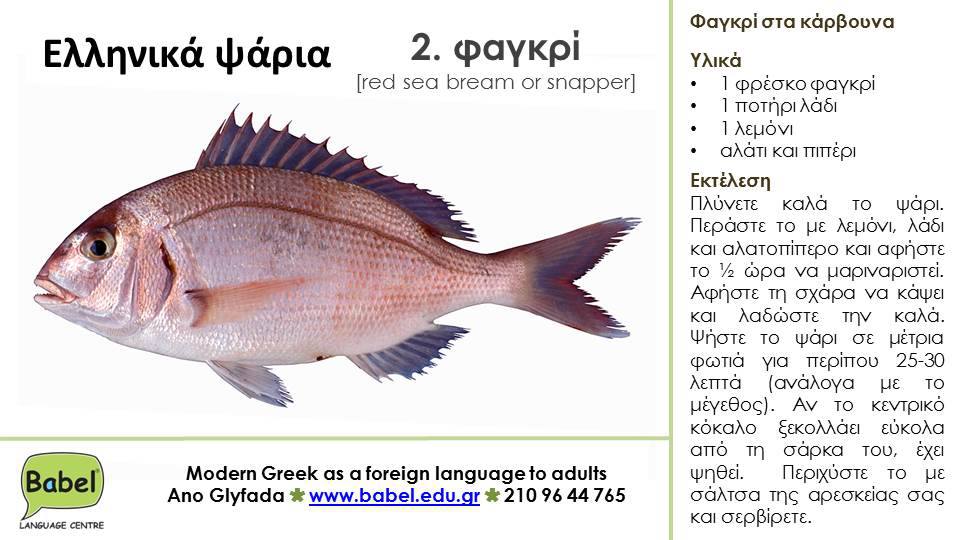
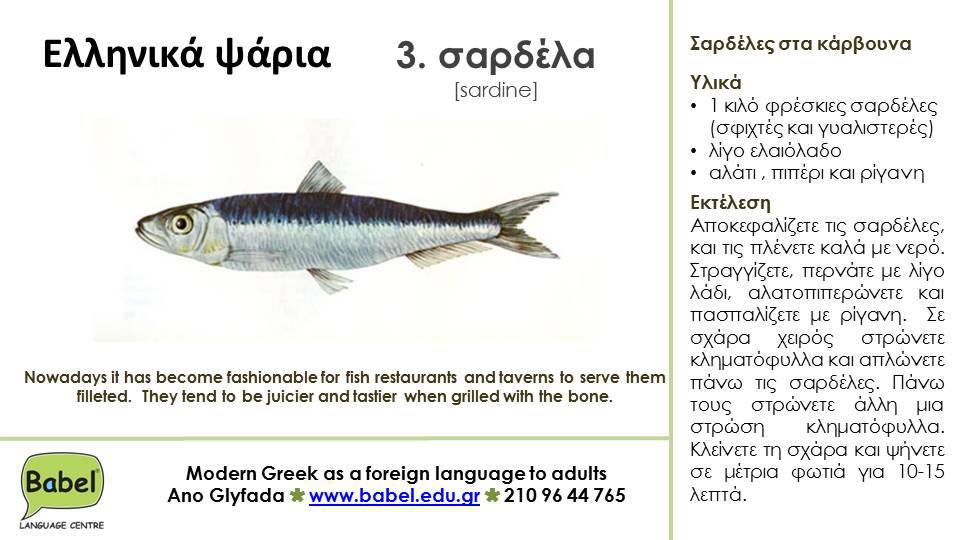
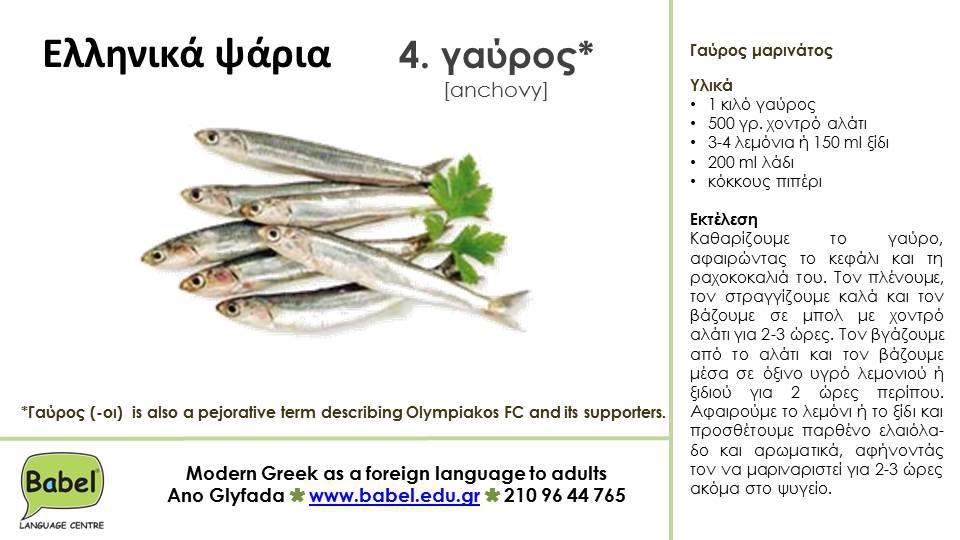
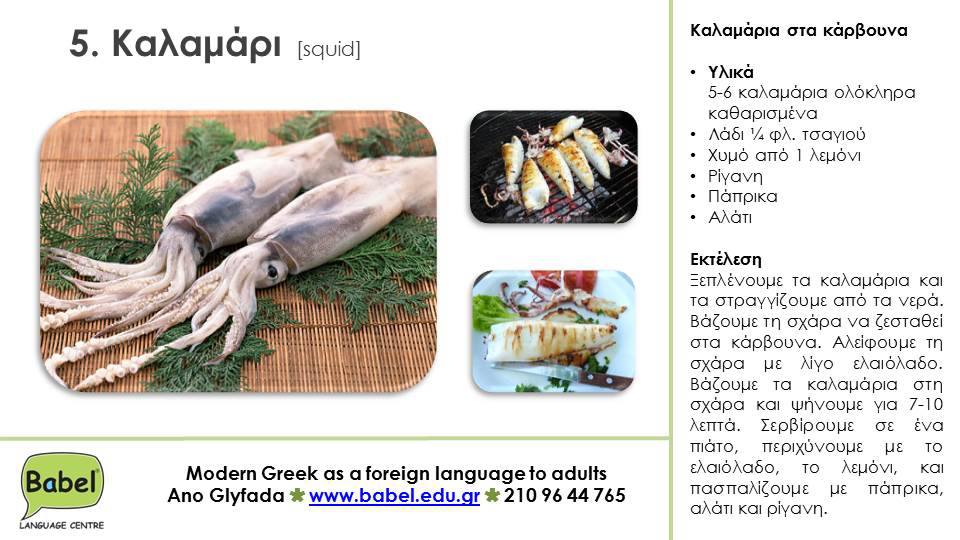
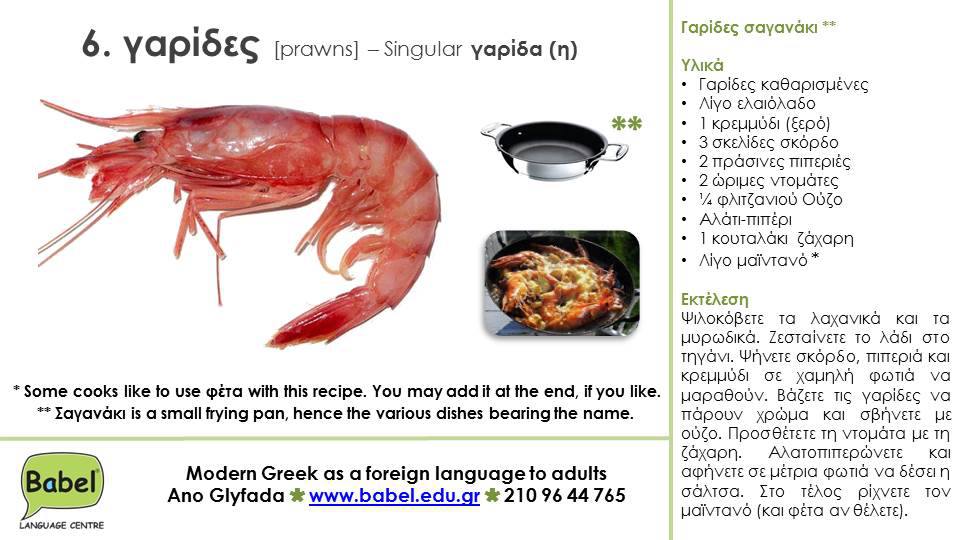
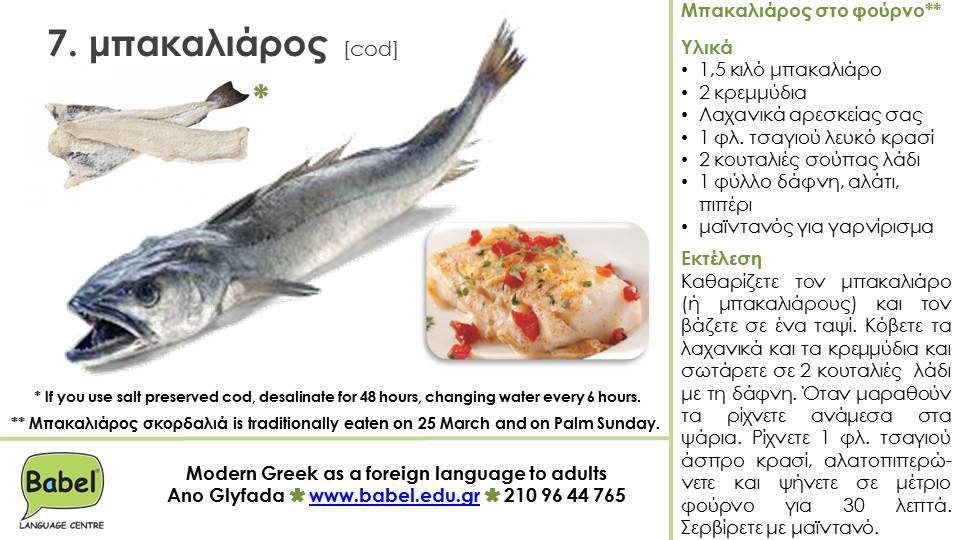
Leave a Reply
You must be logged in to post a comment.